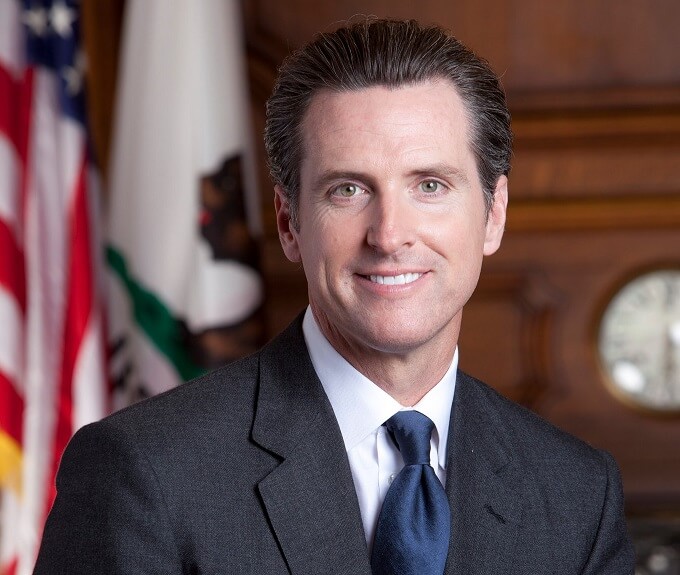The U.S. Department of Energy (DOE) and ARCHES have signed a landmark $12.6 billion agreement to build a clean, renewable Hydrogen Hub in California, including the up to $1.2 billion in federal funding that was announced in 2023, when California was selected as a national hub. ARCHES is the first of seven Hydrogen Hubs throughout the U.S. to officially sign an agreement with the DOE.
The ARCHES hub will facilitate a network of clean, renewable hydrogen production sites to cut fossil fuel use throughout California, with the ultimate goal of decarbonizing public transportation, heavy-duty trucking and port operations by 2 million metric tons per year — roughly equivalent to the annual emissions of 445,000 gasoline-fueled cars.
“California is revolutionizing how a major world economy can clean up its biggest industries,” says Gov. Gavin Newsom. “We’re going to use clean, renewable hydrogen to power our ports and public transportation — getting people and goods where they need to go, just without the local air pollution. Thanks to the Biden-Harris administration, California is excited to pioneer this world-leading initiative that’ll show other states and countries what’s possible when you prioritize clean energy and public health.”
This agreement would:
- Create an estimated 220,000 new jobs, including 130,000 in construction and 90,000 permanent jobs.
- Produce an estimated $2.95 billion per year in economic value from better health and health cost savings.
- Direct at least 40% of the benefits from projects to disadvantaged communities through community directed investments, workforce training and family-supporting jobs.
Facilities and equipment to be decarbonized include:
- Three large ports with over 200 pieces of cargo-handling equipment
- 5,000-plus fuel cell electric trucks
- 1,000-plus fuel cell electric buses
- One marine vessel
- Turbines and stationary fuel cells
An infrastructure would be developed for hydrogen transport and use, including 60 heavy-duty fueling stations and 165 miles of open-access pipelines.






